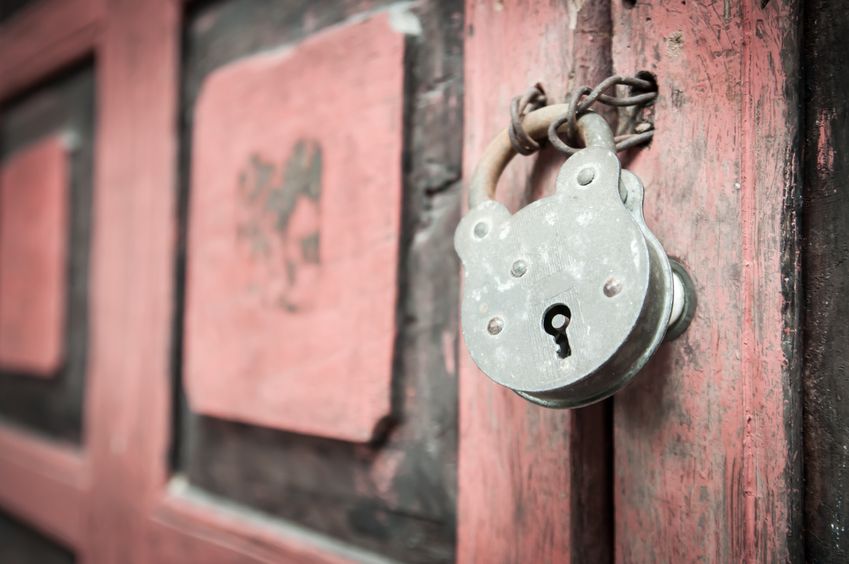
Crimestoppers is appealing for anonymous information from farmers affected by rural crime as part of the charity's largest ever campaign looking at the issue.
In the year to April 2021, Crimestoppers nationally received nearly 2,700 anonymous reports about rural crime, but they want to encourage even more people to speak up.
The charity has been working with campaign supporters to help raise the profile of rural crime, and now it wants farmers to help by submitting information about the crimes they experience.
Over four weeks the social media campaign, launched on 4 August and supported by NFU Mutual, Countryside Alliance, National Wildlife Crime Unit and the CLA, among others, focuses on wildlife crime, environmental crime and theft, all of which affect rural communities.
Week by week it has been looking into each rural crime, starting off with wildlife crime, environmental crime and machinery theft.
The charity has shared prevention advice and heard from organisations who work with the police and other partners to prevent and solve these crimes.
According to the National Rural Crime Network 2018 survey, around three quarters of people in rural communities are aware of criminal activity that is happening, with one in ten rural residents reporting that they feel unsafe in their own home after dark.
Rural crime doesn't just impact rural residents emotionally it hits their pockets too - according to NFU Mutual's 2021 Crime Report, rural crime cost the UK an estimated £43.3m in 2020.
"Rural communities are often aware of criminal activity that is happening - we’re here to help anyone with information speak up, 100% anonymously," a Crimestoppers spokesperson said.
"Through our social media campaign and partner networks, we’ll be speaking to: rural residents, who may feel unsafe in their own homes; farm owners who have to foot the bill for criminal damage; businesses in rural communities whose income and cashflow is adversely affected by crime; and visitors, who can be our eyes and ears to report what they see.
"If you want to help stop and prevent rural crime but wish to remain anonymous, tell us what you know by calling 0800 555 111 or using our online form, here on our website."
